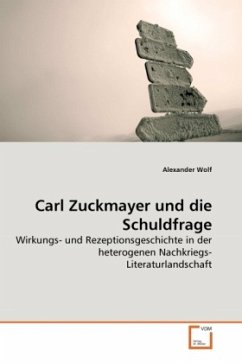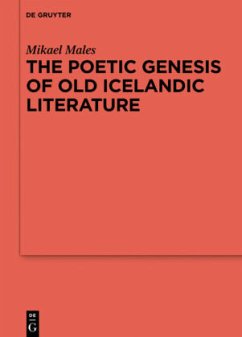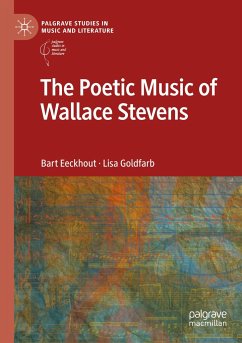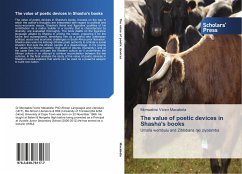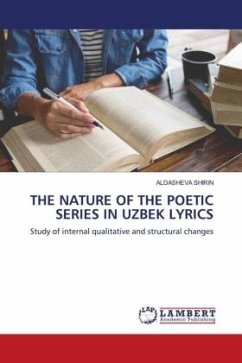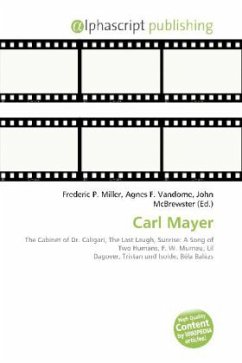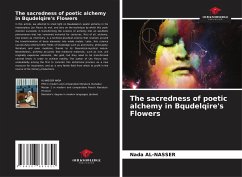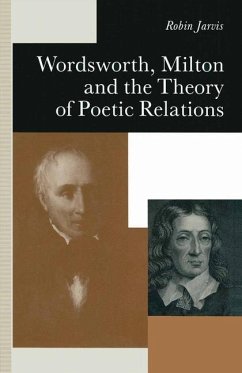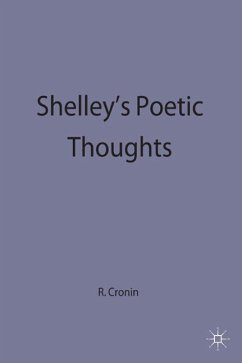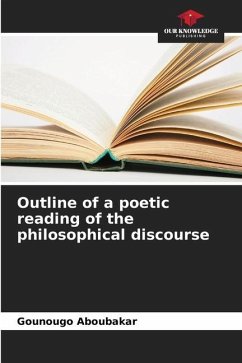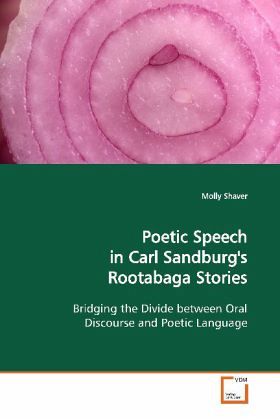
Poetic Speech in Carl Sandburg's Rootabaga Stories
Bridging the Divide between Oral Discourse and Poetic Language
Versandkostenfrei!
Versandfertig in 6-10 Tagen
32,99 €
inkl. MwSt.

PAYBACK Punkte
16 °P sammeln!
In spite of establishing himself as a great Americanpoet, Carl Sandburg''s children''s book "RootabagaStories" has largely been ignored by critics. Thiscollection of stories, nevertheless, is arguably thebest display of both his inventiveness and his poeticskill. Through Sandburg''s theory of speech as a common manifestation of poetry, this work considershow Sandburg''s poetry-as-speech is explored in theextraordinary language that he uses in "RootabagaStories." This paper furthermore considers thetheories of Russian Formalist Victor Shklovsky,specifically his "Art as Technique" and "TheResurr...
In spite of establishing himself as a great American
poet, Carl Sandburg''s children''s book "Rootabaga
Stories" has largely been ignored by critics. This
collection of stories, nevertheless, is arguably the
best display of both his inventiveness and his poetic
skill. Through Sandburg''s theory of speech as a
common manifestation of poetry, this work considers
how Sandburg''s poetry-as-speech is explored in the
extraordinary language that he uses in "Rootabaga
Stories." This paper furthermore considers the
theories of Russian Formalist Victor Shklovsky,
specifically his "Art as Technique" and "The
Resurrection of the Word." Also cited is the oral
discourse critic, Walter Ong, his
work, "Orality and Literacy." Developing a critique
of "Rootabaga Stories" under a canopy of questions
raised as to the distinction between poetic and
prosaic word, this essay comes to the conclusion that
Sandburg''s work ultimately raises the larger
question of why a division exists between the
practical and the fine arts. The analysis should
attract those who are concerned about the survival of
oral traditions and those interested in revitalizing
language through new and unconventional forms.
poet, Carl Sandburg''s children''s book "Rootabaga
Stories" has largely been ignored by critics. This
collection of stories, nevertheless, is arguably the
best display of both his inventiveness and his poetic
skill. Through Sandburg''s theory of speech as a
common manifestation of poetry, this work considers
how Sandburg''s poetry-as-speech is explored in the
extraordinary language that he uses in "Rootabaga
Stories." This paper furthermore considers the
theories of Russian Formalist Victor Shklovsky,
specifically his "Art as Technique" and "The
Resurrection of the Word." Also cited is the oral
discourse critic, Walter Ong, his
work, "Orality and Literacy." Developing a critique
of "Rootabaga Stories" under a canopy of questions
raised as to the distinction between poetic and
prosaic word, this essay comes to the conclusion that
Sandburg''s work ultimately raises the larger
question of why a division exists between the
practical and the fine arts. The analysis should
attract those who are concerned about the survival of
oral traditions and those interested in revitalizing
language through new and unconventional forms.



